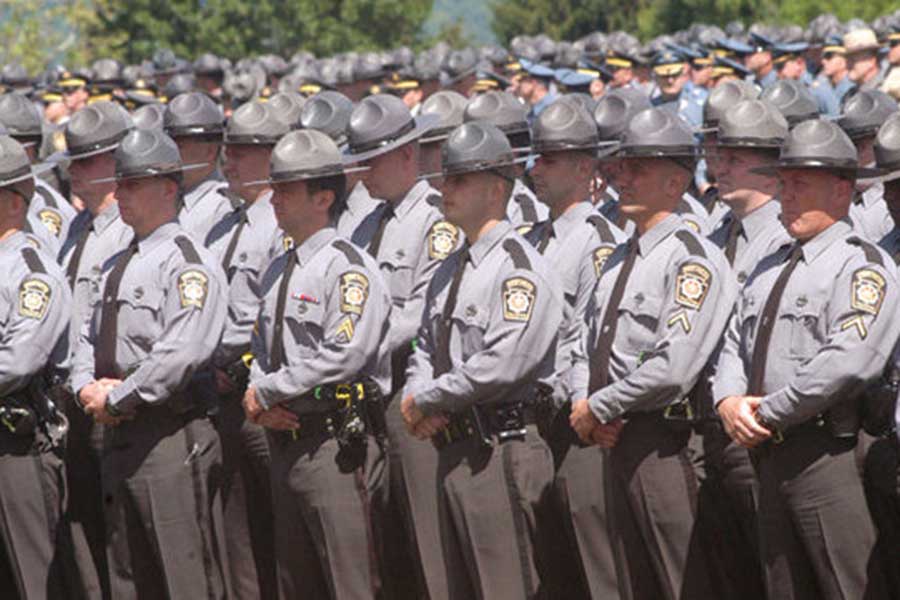Beginning next year, Pennsylvania state police will track bias incidents directed specifically against transgender individuals, an agency spokesperson said last week.
“The FBI has positioned themselves, and we have positioned ourselves as well, to begin collecting data in gender bias specifically for anti-transgender, beginning Jan. 1, 2015,” said Pennsylvania State Trooper Adam Reed in an email.
New federal guidelines encourage the tracking of bias incidents on the basis of race, religion, nationality, ethnicity, gender, gender identity, sexual orientation and disability.
About 1,700 law-enforcement and educational agencies across the state, including the Philadelphia Police Department, are expected to track bias incidents against transgender individuals.
The agencies provide bias-incident data to state police on a monthly basis, and state police convey the information to the FBI, which publishes an annual hate-crimes statistics report.
About a year ago, state police created a bias category called “anti-lesbian, gay, bisexual, transgender.” But that category is for incidents directed against LGBTs in general, such as vandalism of an LGBT center.
Since January 2003, state police have collected bias-incident data on the basis of sexual orientation.
On average, the Philadelphia Police Department reports three bias incidents annually on the basis of sexual orientation.
New federal guidelines also encourage law enforcement and educational agencies to collect bias-incident data on the basis of anti-gender non-conformance.
Reed didn’t reply to emails asking whether state police will track bias-incidents on the basis of anti-gender non-conformance.
FBI spokesperson Stephen G. Fischer Jr. said the FBI cannot force a state police department to collect anti-gender non-conformance data.
But he said it’s possible for local agencies to submit such data directly to the FBI.
“Individual agencies within a state program can submit their data directly to the FBI, provided the individual agency has received prior authorization from their state program,” Fischer said in an email.
He also noted that the new federal guidelines aren’t mandatory.
“The FBI relies on the agencies to make a good-faith effort to comply with established guidelines,” he said.
Ted Martin, executive director of Equality Pennsylvania, said comprehensive bias-incident tracking is important to the LGBT community.
“We’re always looking to making sure that law-enforcement agencies treat the LGBT community fairly, and that they report the challenges we face in an accurate, comprehensive and culturally competent manner,” Martin said.
Nancy Baron-Baer, regional director of the Anti-Defamation League, also expressed support for comprehensive bias-incident tracking.
“The best way to be able to respond to situations is to have statistical evidence that points to issues that a community needs to address,” she said. “The data helps all of us in our learning process of what responses we need to make and where we need to put our energies.”

